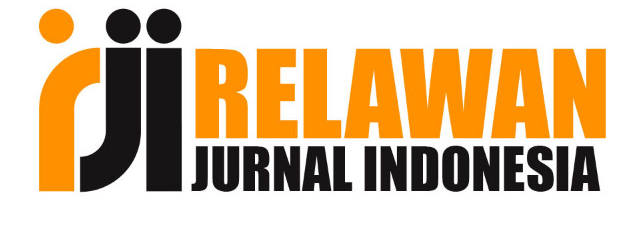Analisis Peranan Jati Diri Koperasi Sebagai Wujud Pengimplementasian Good Corporate Governance (GCG) Koperasi di Indonesia
DOI:
https://doi.org/10.36982/jiegmk.v14i1.3143Abstrak
The long history of cooperatives that existed in the pre-independence era required cooperatives to always make formulas in the form of standard rules that were systematically compiled by the government and other authorities so that cooperatives could continue to play a role in building the nation's economy which has been reflected in the identity of cooperatives. Cooperative identity is reflected in three approaches, namely the essentialist approach, the institutional approach and the nominalist approach. The identity of a cooperative is actually a complex conceptual arrangement so that if the identity of a cooperative is properly implemented, a true cooperative will run according to its main corridor, namely the welfare of its members and society. Governance systems or devices known as Good Corporate Governance according to The Organization Cooperation and Development (OCD) consist of principles and characteristics that can be used as a whole (universal) consisting of culture, environmental differences and systems of laws and regulations and values -values that exist and apply in a country. Based on several studies, the researchers concluded that this crisis occurred due to a failure in implementing good corporate governance. However, there is one solution in alleviating the economic crisis, in which there is a role for the people to help each other and work together in creating a sovereign economy. which complement each other. This cannot be separated because the identity of cooperatives has become a characteristic of cooperatives from the times when ideas about cooperatives have developed and spread throughout the world.
Keywords: Identity, Cooperative, Good Corporate Governance
Unduhan
Diterbitkan
Cara Mengutip
Terbitan
Bagian
Lisensi
Hak Cipta (c) 2023 Kgs. M. Nurkholis, Vhika Meiriasari, R.M. Rum Hendarmin

Artikel ini berlisensiCreative Commons Attribution-ShareAlike 4.0 International License.
Authors retain copyright and grant the journal right of first publication with the work simultaneously licensed under a Creative Commons Attribution License that allows others to share the work with an acknowledgement of the work's authorship and initial publication in this journal.
Â
Authors are permitted and encouraged to post their work online (e.g., in institutional repositories or on their website) prior to and during the submission process, as it can lead to productive exchanges, as well as earlier and greater citation of published work.
Â
LP2M Indo Global Mandiri University has the right to multiply and distribute the article and every author is not allowed to publish the same article that has been published in this journal.










